Tesla now faces a criminal probe, federal prosecutors raising questions about the way the automaker has promoted its Autopilot and Full Self-Driving technology which – despite what Tesla and CEO Elon Musk have implied to investors and consumers – are not capable of being driven hands-free.
A federal probe launched in 2022 is now zeroing in possible securities and wire fraud, prosecutors focused on the way Tesla has promoted both its Autopilot and Full Self-Driving technologies, according to a report by the Reuters news service.
For those who read the fine print on the automaker’s website, Tesla notes that drivers must continue to maintain hands on the wheel while operating under either the Autopilot or FSD systems. But the company has done little to counter popular perceptions that those technologies are far more capable — demonstrated, in some cases, by Tesla owners recording themselves not only taking their hands off the steering wheel but even jumping into their vehicle’s back seat.
The automaker has come under repeated fire since Autopilot was first introduced a decade ago around the time the original Tesla Model S was launched. Regulators in California have gone so far as to warn they might pull the company’s license to operate in the state because of the way the name, “Autopilot” could mislead customers. But the federal probe, launched by the Securities and Exchange Commission, could take things a big step beyond.
Federal probe moves forward
First reported in October 2022, Reuters cited “three people familiar with the matter” in its update of the federal probe. They indicated prosecutors are looking at several potential criminal acts, including wire fraud which, the news service noted “involves deception in interstate communications, by misleading consumers about its driver-assistance systems.”
Exactly what actions the feds are looking into remains unclear, but Tesla has, over the years, heavily promoted the capabilities of its various semi-autonomous technologies, even though neither Autopilot nor FSD can be operated hands-free.
Prosecutors also are reportedly looking into possible securities fraud which would involve claims that Tesla misled investors.
Promises, promises
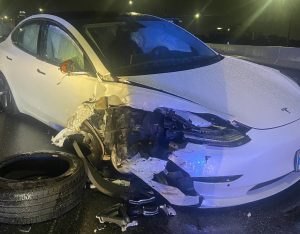
Tesla’s plan to build robocahs could come under close scrutiny considering the safety concerns about its current Autopilot and FSD technologies.
Musk has put a heavy emphasis on autonomous technologies over the years.
Among other things, the CEO has encouraged customers to purchase the Full Self-Driving system – which involves an up-front option charge and additional monthly service fees. Tet, he has acknowledged FSD it is not yet capable of delivering on its promise of hands-free driving. Musk has repeatedly declared that the necessary updates are coming, most recently promising they’d be released by the end of 2023. No new timetable has been released.
Meanwhile, he announced another ambitious plan involving autonomous technology during an earnings call last month, telling analysts and investors the company is developing robocabs that could be in production in several years. A prototype is set to debut on August 8.
“Going balls to the wall for autonomy is a blindingly obvious move,” Musk wrote in a post on X, his social media site, last month.
More Tesla News
- Still More Layoffs at Tesla
- NHTSA Says Tesla Autopilot has Critical Safety Gaps
- Tesla Autopilot Takes New Heat – And California Says the Name is Part of the Problem Tk
Fatal crashes
Autopilot and FSD have drawn plenty of controversy almost since the moment they were launched. The simple use of the term, “Autopilot” has raised hackles among safety advocates and regulators in the U.S., as well as Europe, critics contending it makes the technology seem like it can take complete control of a vehicle without driver intervention.
Those technologies have now been linked to scores of crashes, some fatal. Both the National Transportation Safety Board and the National Highway Traffic Safety Administration have laid blame for some crashes on the Tesla systems, starting with a Florida incident where a former Navy SEAL was killed after his Tesla slammed into the side of a semi-truck. He was watching a video while Autopilot was switched on, investigators concluded.
Tesla has faced a number of lawsuits related to Autopilot and FSD crashes. It has won most, so far. Among other things, it has been able to defend itself by arguing that motorists should know they need be ready to retake control of their vehicles in an emergency.
In December, the automaker announced a recall covering virtually every vehicle it has sold to make updates to its autonomous technologies. While NHTSA has ended one major probe of Autopilot it concluded the technology has “critical safety gap between drivers’ expectations…and the system’s true capabilities.” And it said it will closely monitor whether the recall will be enough to resolve such concerns.
What’s next for prosecutors
Even if NHTSA determines the recall doesn’t resolve Tesla’s safety problems it does not ensure prosecutors can and will move forward with criminal charges.
Reuters said they “are proceeding with caution, recognizing the legal hurdles they face, the people familiar with the inquiry said.”
One of the challenges will be to determine whether Tesla has stayed within legal boundaries of salesmanship or crossed over the line, promoting features and functions it knew couldn’t live up to the hype.
There’s at least some evidence the latter has been the case. During a 2022 lawsuit, a senior Tesla engineer testified that videos claiming to show Autopilot’s capabilities were not accurate and that the technology could not control a vehicle without human assistance. Yet, in 2016, Musk posted a video claiming, “Tesla drives itself (no human input at all) thru urban streets to highway streets, then finds a parking spot.”
No comment
Headlight.News has reached out to both the U.S. Justice Department and Tesla for comment.
Neither has so far responded. Federal prosecutors typically do not discuss ongoing probes. As for Tesla, the automaker several years ago disbanded its public relations department and rarely responds to media queries. In most cases, any responses come in the form of tweets from CEO Musk on X.

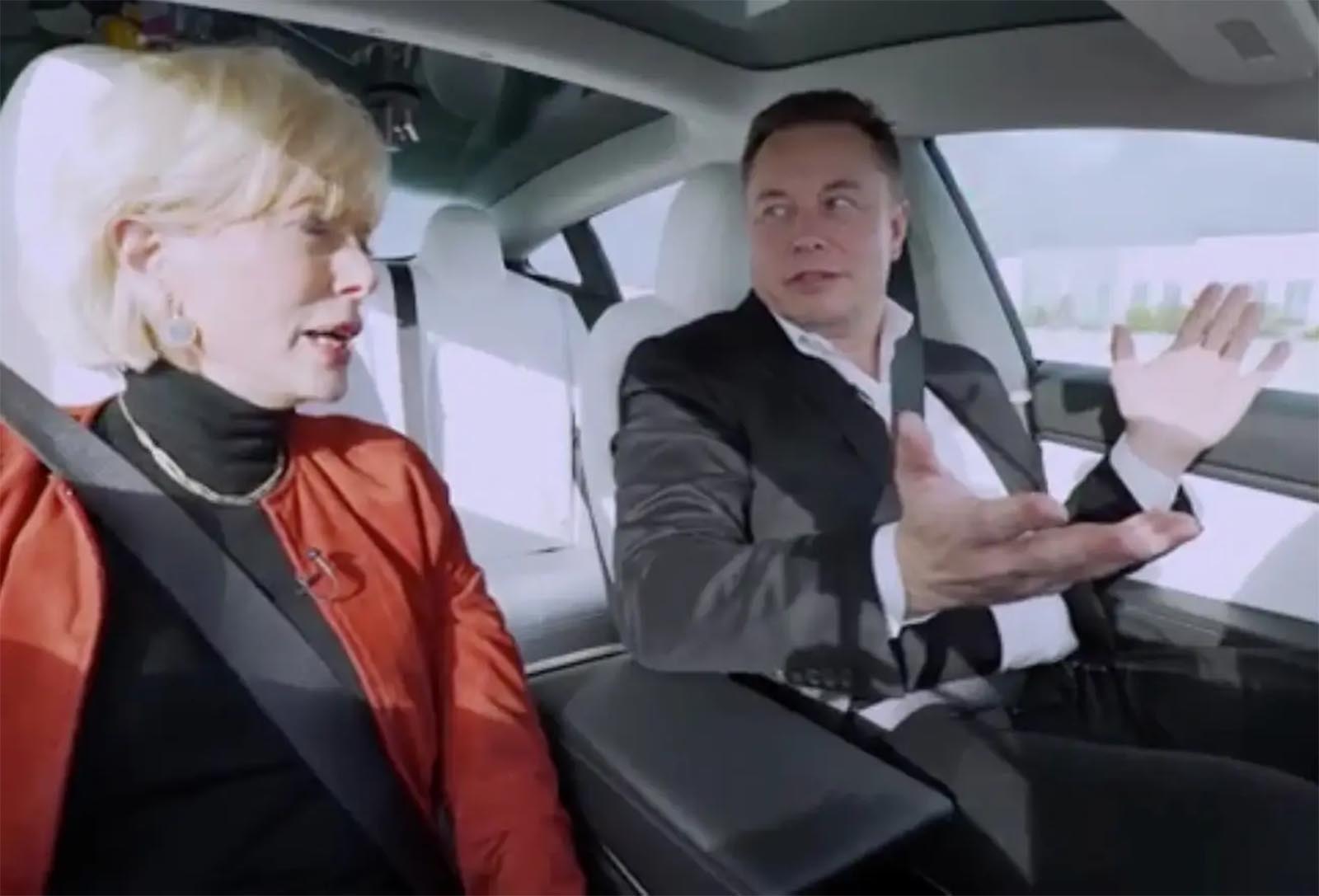
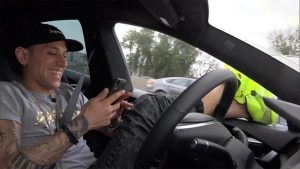
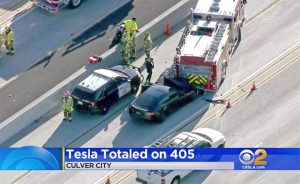
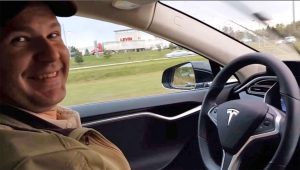

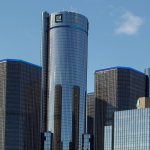
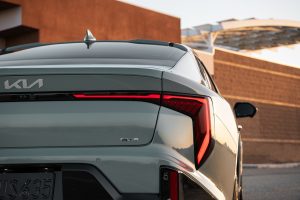
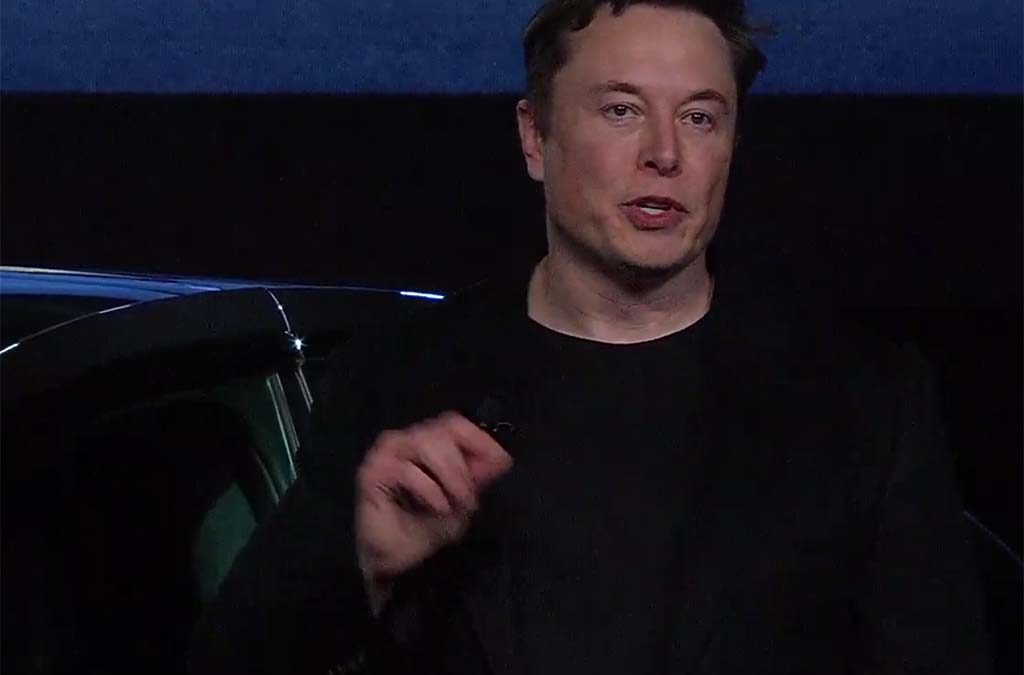
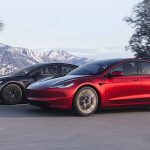
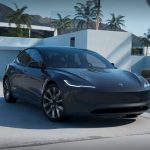
0 Comments